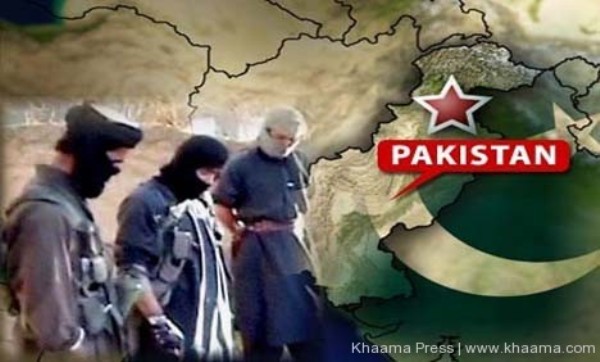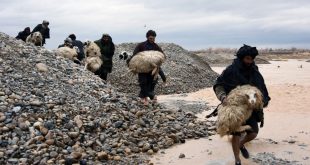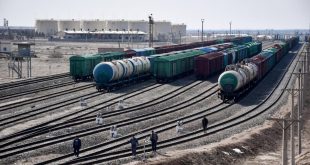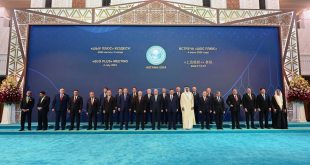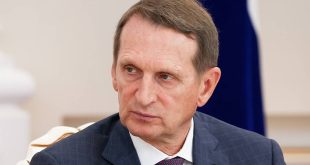Mujeeb R. Awrang
KABUL: Pakistan was the main devotee of Taliban’s 1990s regime with providing them with military, intelligence and economical supports. After the US entered Afghanistan in 2001, following the 9/11th attack conducted by the al-Qaeda on World Trade Center – and with whom the Taliban had strong ties, the group shifted its fighters to Pakistan, where it enjoys save havens for decades.
Since then, the militants have been conducting deadly attacks on the Afghan, foreign forces and civilians and as even damaging governmental and educational facilities.
To find a political solution for the longest US war in Afghanistan, in September 2018, the US President Donald Trump appointed Afghan born-American veteran diplomat, Zalmay Khalilzad as his special envoy for Afghanistan reconciliation. In the initial years of US presence in Afghanistan, Khalilzad had been working as Washington’s ambassador to Kabul.
Trump considered Khalilzad as one of his top diplomats who was familiar with Afghanistan and region better than anyone.
He kicked off the negotiation with Taliban representatives in the Gulf State of Qatar. After a couple rounds of talks with the Taliban and regional visits, he had been able to convince Islamabad to release a top member and co-founder of the Taliban group, Mullah Abdul Ghani Baradar- who had spent almost a decade in jail in Pakistan.
After his release, Baradar took leading of Taliban Political Office in Qatar.
Although, both sides were on a verge of a peace deal in last September, the US President Donald Trump termed the talks as dead, citing the militant reluctant for reduction in violence.
But since then, the second journey of peace talks had been once again kicked off by US envoy. After rounds of negotiations, the Afghan-US forces and Taliban agreed on a weeklong reduction in violence instead of a ceasefire agreement. The weeklong partial truce had been followed by a peace deal signed between Khalilzad and Baradar in Sheraton Hotel in Qatar on Saturday evening.
The agreement aiming to rolling out a gradual foreign troops withdrawal and facilitate intra-Afghan-talks. The US would cut down the number of its roughly 13,000 troops to 8,600. The deal was welcomed by many of the worlds’ countries and international organizations. But the two controversies issues after the deal are the prisoners swap and continuation of reduction in violence.
The Taliban said that releasing their 5,000 prisoners prior to intra-Afghan-talks is, part of the peace deal with Washington, while the Afghan government said the issue is under authority of the Afghan government.
The Afghan government demands the Taliban to cut its ties with Pakistan, where the militants settle their training camps and receives military equipments.
“If the Taliban talk about prisoners’ release as a precondition, we also have the conditions, they should tell me when will they leave Pakistan?” Afghan President Ashraf Ghani said during his visit to eastern Nangarhar province on Tuesday.
The concerns in regards raison as the Afghans don’t trust Pakistan’s intention towards Afghanistan, citing the country’s duel policy regarding Kabul.
The Taliban’s spokesman told Reutter News Agency that the term of partial truce had been completed and that the militants would continue their operations. According to sources, about 33 people have been wounded in Taliban attacks within past 24 hours.
 Afghanistan Times
Afghanistan Times
